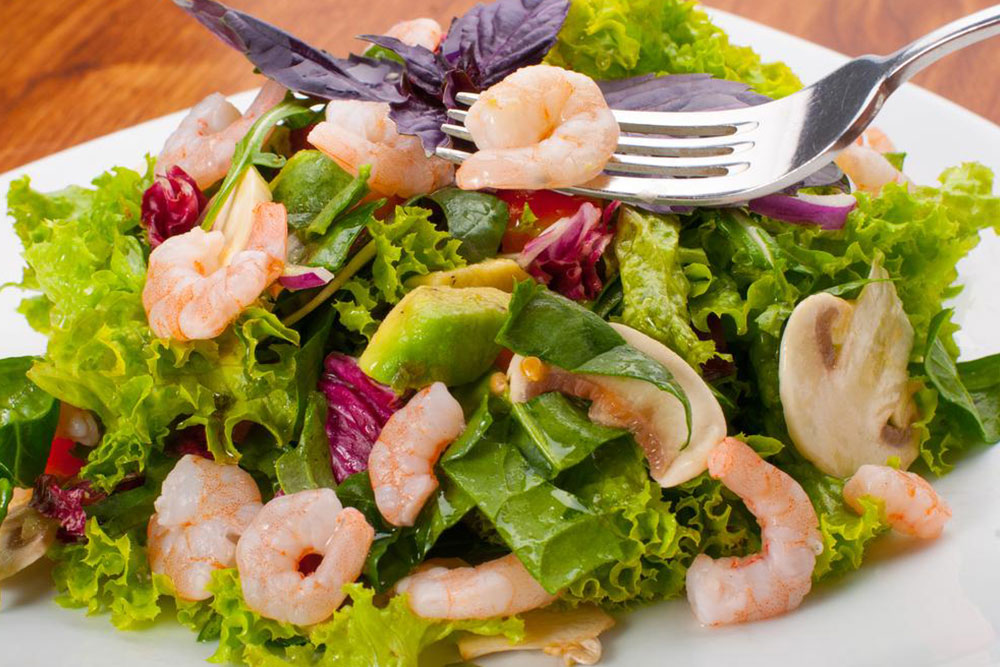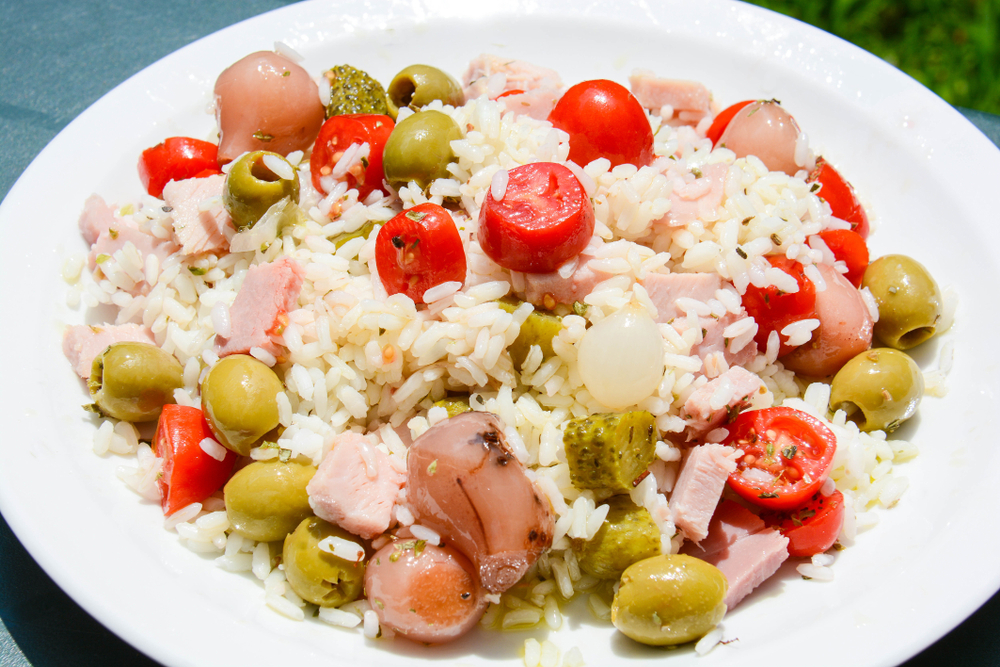Proven Methods to Prevent and Treat Diverticulitis
Learn effective strategies for preventing and managing diverticulitis through dietary adjustments, fiber intake, and early symptom recognition. This guide highlights treatment options, dietary recommendations, and lifestyle changes to support digestive health and reduce flare-ups. Consult healthcare professionals for personalized advice to ensure optimal care and recovery.

Preventive and Management Tips for Diverticulitis
As individuals age, small pouch-like structures called diverticula can develop along the intestinal lining. When these pouches become infected or inflamed, it leads to diverticulitis, which manifests as intense abdominal pain, nausea, bloating, vomiting, fever, diarrhea, and sometimes constipation. Some people show symptoms, while others remain symptom-free. Research indicates that diets low in fiber are linked to higher risks, making diverticulitis more common in Western countries compared to regions like Africa and Asia with high-fiber diets.
Management typically involves antibiotics and dietary modifications. Severe cases may require surgery. A healthcare provider can help create a personalized diet plan, especially during flare-ups. Starting with liquids such as water, broth, gelatin, and fruit juices is recommended, followed by gradual reintroduction of low-fiber foods before returning to high-fiber options. Eating fiber-rich foods like whole grains, legumes, fruits, cooked vegetables, and dairy can reduce constipation and alleviate symptoms.
Getting enough fiber helps increase stool bulk, facilitating easier bowel movements and decreasing colon pressure. Women under 50 should aim for 25 grams of daily fiber intake, while men of the same age should target 38 grams. For older adults, the recommended intake is slightly lower: women 21 grams, men 30 grams per day. Incorporate whole grains, pasta, cereals, beans, seedless fruits, cooked vegetables, and dairy into your diet. Drinking plenty of water and using fiber supplements like psyllium can prevent constipation and promote digestive health.
Track symptoms carefully; improvement generally occurs within 2-3 days of proper treatment. Seek urgent medical care if symptoms worsen, or if fever, severe abdominal pain, or inability to tolerate fluids develops, as these may signal complications. Recent research confirms that nuts and seeds are safe for diverticulitis patients and can provide beneficial fiber. Post-recovery, avoiding processed foods and maintaining a high-fiber diet can help prevent future episodes and support overall digestive health.
Note:
This content offers general health information based on current research but is not a substitute for medical advice. Always consult a healthcare professional for personalized diagnosis and treatment. We are not responsible for the accuracy or completeness of the information provided.


